Horses. They are not here for our entertainment. Everything a horse does, serves a purpose for them. Every kick, sound, movement or flinch of the ears tells a story. But do you know how to read it? How to interpret these bits of information?
We need to get out of our dominant mindset to always feel the need to judge someone, something or a certain situation. Labeling and judging a horse for what they're processing emotionally, mentally and/or physically is a recipe for disaster. Because they don't need us pointing fingers, looking for who's to blame and highlighting mistakes. They don't need our opinions or convictions. They need our acceptance, empathy and help.
A horse is just that; A horse. Their lives evolve around being able to make the right decisions, often split-second. When we judge a horse about these choices, or how they process and share their emotions, we are actively interrupting the horse's natural ability to heal and find their natural state of balance (homeostasis) again. We are actively being part of the problem, not the solution.
Pictures: Kindergarten Training with Luke, an Arabian colt. This was at the beginning of our training, where I establish Communication, Leading and Handling. Running alongside me and stopping next to my shoulder is one of the exercises I always implement. Luke was happily surprised!
He was afraid of people when he first arrived. He slowly started to come out of his shell, often by making these happy jumps. Instead of punishing him for just being a (young!!) horse, I encouraged him to be outgoing, happy and true to his emotions. This in turn resulted in fun training sessions and a very curious and well-balanced colt. A perfect baseline for a future riding horse!
We need to get out of our dominant mindset to always feel the need to judge someone, something or a certain situation. Labeling and judging a horse for what they're processing emotionally, mentally and/or physically is a recipe for disaster. Because they don't need us pointing fingers, looking for who's to blame and highlighting mistakes. They don't need our opinions or convictions. They need our acceptance, empathy and help.
A horse is just that; A horse. Their lives evolve around being able to make the right decisions, often split-second. When we judge a horse about these choices, or how they process and share their emotions, we are actively interrupting the horse's natural ability to heal and find their natural state of balance (homeostasis) again. We are actively being part of the problem, not the solution.
Pictures: Kindergarten Training with Luke, an Arabian colt. This was at the beginning of our training, where I establish Communication, Leading and Handling. Running alongside me and stopping next to my shoulder is one of the exercises I always implement. Luke was happily surprised!
He was afraid of people when he first arrived. He slowly started to come out of his shell, often by making these happy jumps. Instead of punishing him for just being a (young!!) horse, I encouraged him to be outgoing, happy and true to his emotions. This in turn resulted in fun training sessions and a very curious and well-balanced colt. A perfect baseline for a future riding horse!
Zoë van Mourik | Equine Trauma & Behavior Specialist
" Follow the Horse, not the Method"
" Follow the Horse, not the Method"

